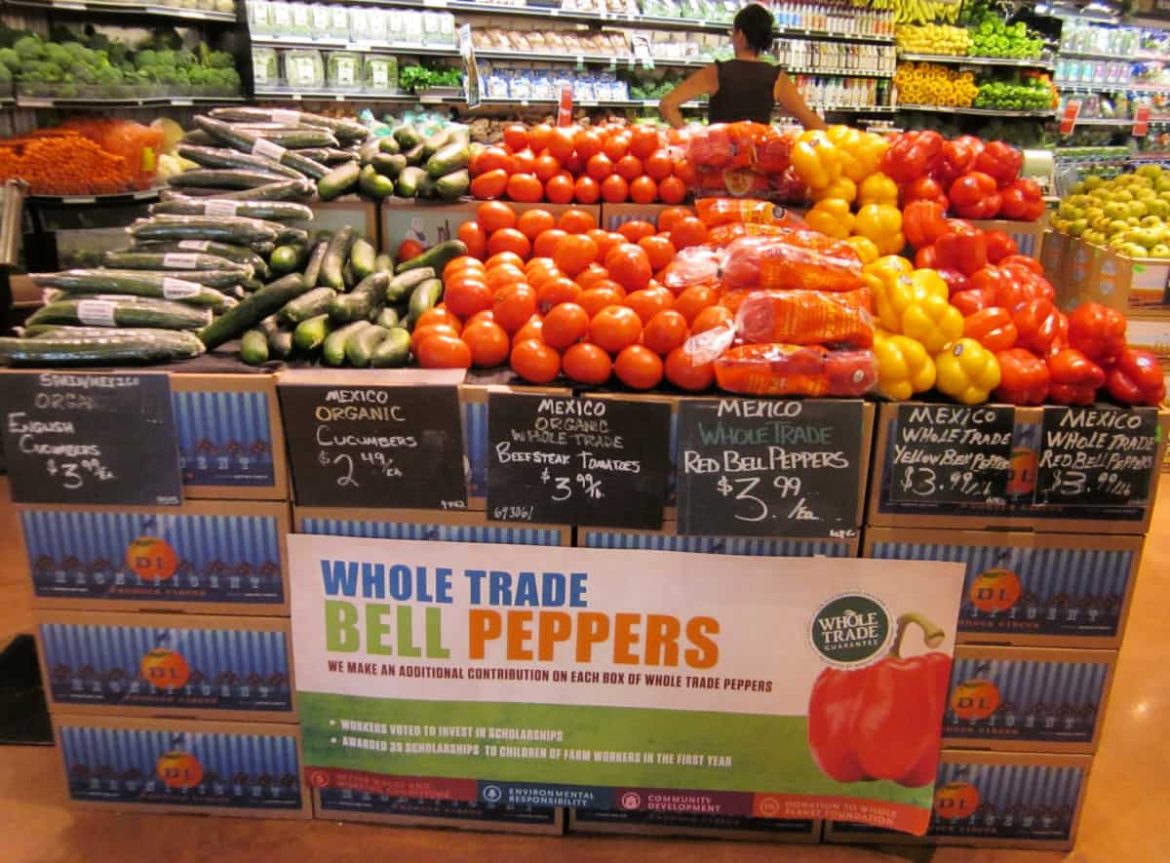
What is responsible shopping?
Responsible shopping means considering the impact of your purchases. Before buying something, ask yourself a few questions: Are your purchases good for your health and the health of the planet? Are the products made using sustainable methods? Does the company prioritize environmental protection and fair treatment of workers? Responsible shopping means recognizing that your purchases have consequences not just for you, but also for the environment and the people involved in making the products. A responsible consumer avoids purchases that harm the environment or violate human rights.
Now that you understand the concept of responsible shopping, let’s explore how you can become a responsible shopper. One way is by paying attention to certification labels. Below are some things to look for:

How To Shop Responsibly- Look For Certification
Several non-profit organizations offer certification programs for farmers. These programs have strict guidelines to ensure farms comply with high standards for environmental conservation, worker conditions and wages, community outreach, and produce quality. Some well-known certifiers include Fair Trade USA, The Rainforest Alliance, Fair for Life, and Fairtrade International. Each program has its own focus and methods, but they all work towards bringing responsibly produced goods to the global marketplace and helping consumers identify products with their certification labels. At Whole Foods Market, the term “Whole Trade” simplifies the process for consumers by indicating that a product is certified by one of the mentioned third-party certifiers, making it easier for you to shop with a clear conscience.
Another important certification program to look for is Oeko tex, which ensures sustainable sourcing in the garment, textile, and leather supply chains. Whether you’re purchasing clothing or bed sheets, Oeko tex can help you find sustainable fabric options.
By looking for certification labels, you can discover new brands that offer eco-friendly products and demonstrate corporate social responsibility while minimizing their ecological footprint. These labels make it easier for you to be a conscious consumer, especially when it’s challenging to know about the practices of small businesses and big brands. If certification labels are not available, consider sticking to organic products, renewable energy initiatives, and shopping at thrift stores to align with ethical consumerism.
Rainforest Alliance Certification
My journey to understanding responsible shopping began in 2013 when I visited certified farms in Costa Rica with the Rainforest Alliance. As a biology major with a passion for nature, it was a valuable experience to witness sustainable farming practices in action.
During the trip, we visited various certified farms, including a flower farm, passionfruit farm, banana farm, and orange and mango farm. Many of the small property owners and farmers mentioned feeling overwhelmed at the start of the certification process. However, they appreciated the comprehensive guidance provided by the certification process. They were proud to be part of sustainable farming practices that not only benefited the market but also protected workers from pesticides, improved soil health, and brought environmental and social improvements to their communities. Witnessing the work of the Rainforest Alliance left me inspired and hopeful.


